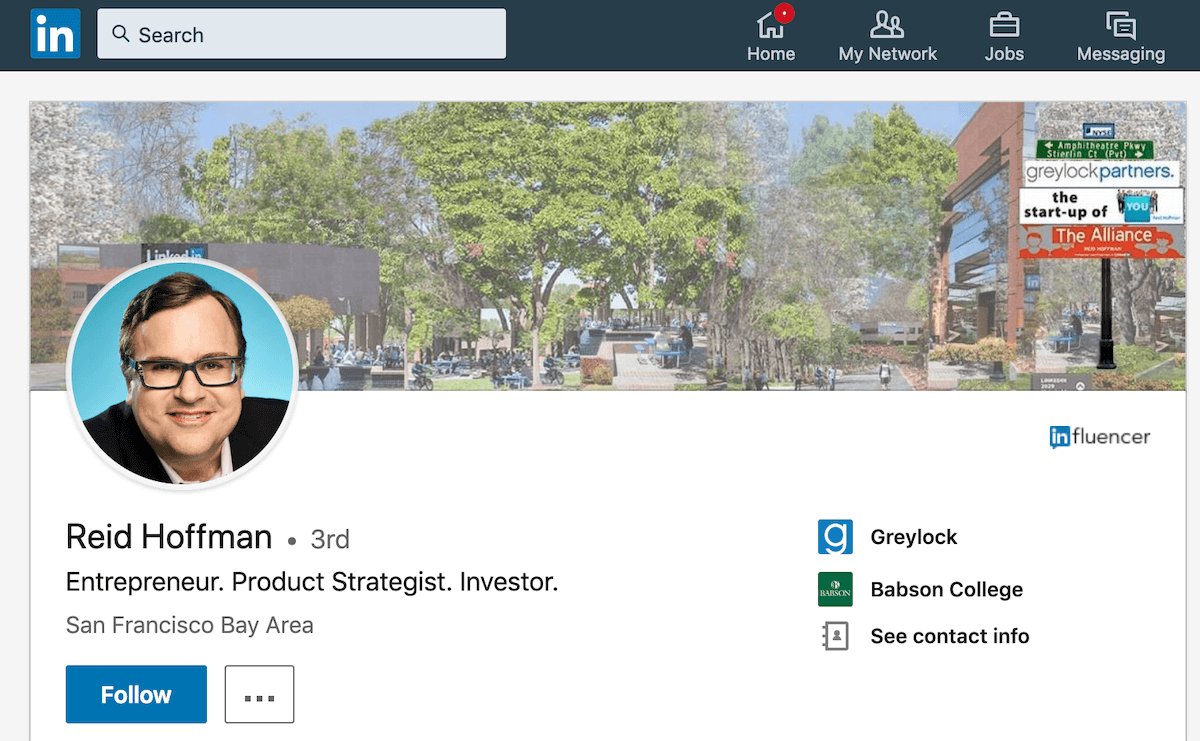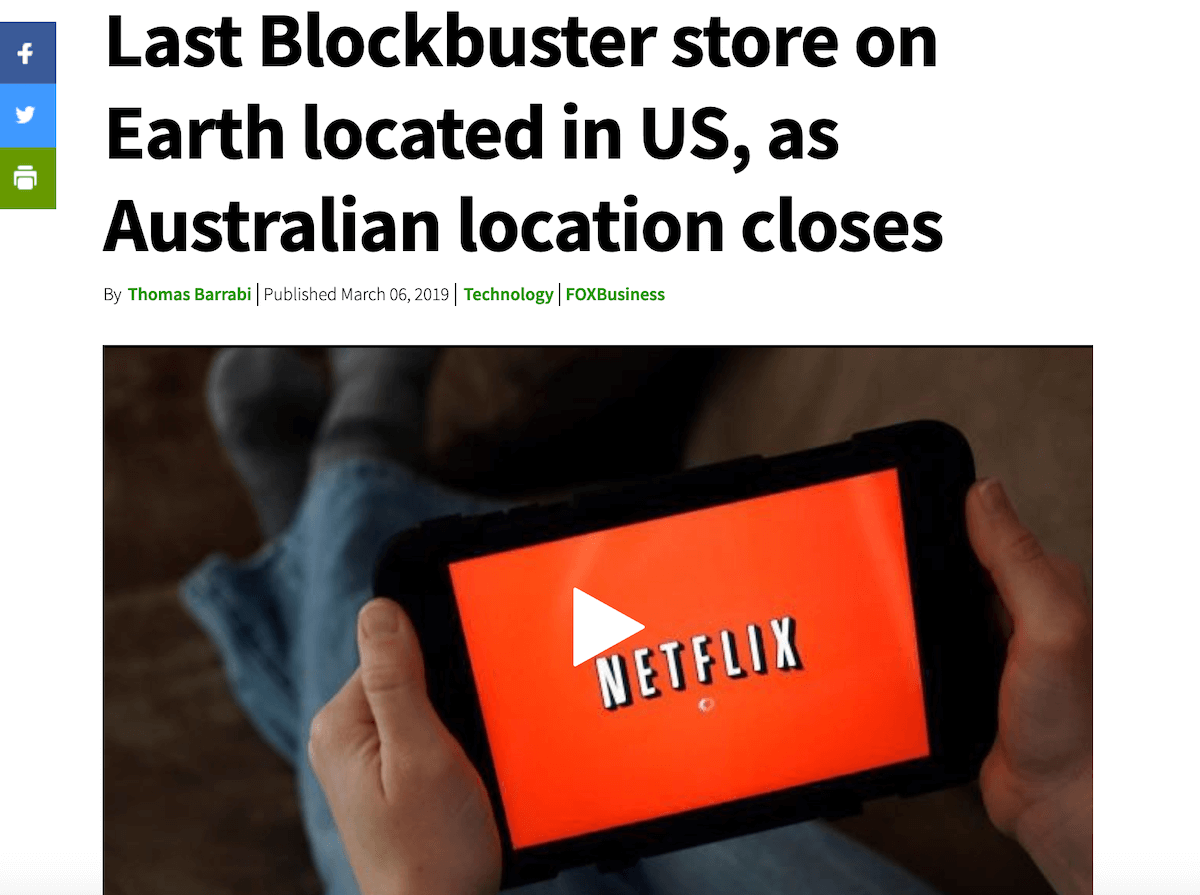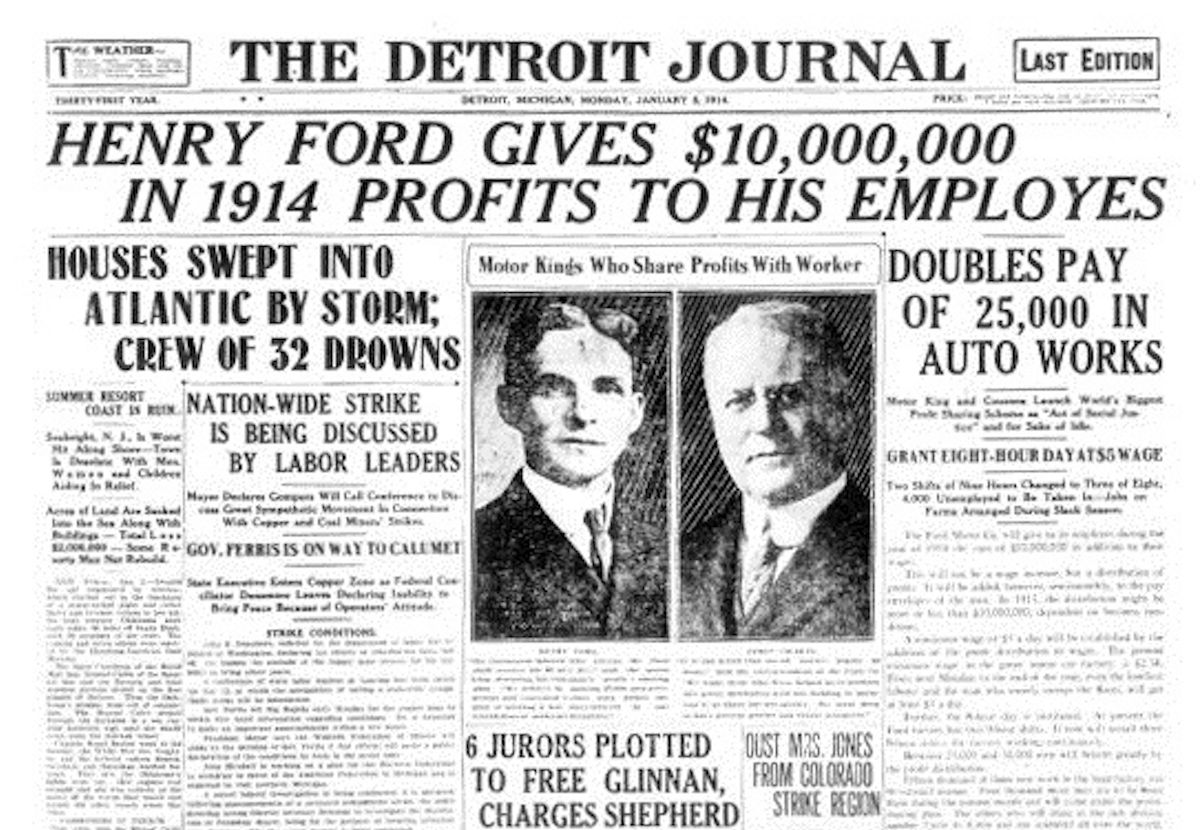The 5 senses of an entrepreneur (+ 6th sense) to build a successful business

Here's a fact you probably knew:
The majority of new businesses fail. Stats show that 20% of businesses fail in the first year and 50% during the first five years. Just around 30% of all new businesses survive to reach their 10 year anniversary.
Reasons businesses die vary, but you'll agree that founders play a great role in the success or failure of the company. Today, we'll be taking a look at five senses of an entrepreneur that often determinate whether a business will rise or fall.
Here are the 5 (+1) senses of successful entrepreneurs:
- Taste - they like the taste of success
- Sight - they have an eye for opportunities
- Hearing - they listen to customer needs
- Smell - they can smell trouble
- Touch - they add a personal touch to things
- 6th sense…
Keep reading to discover the successful enterpreneur's secret 6th sense!
You like the taste of success
Building a business is never easy. It involves challenges, a hundred and one problems that need to be solved, there are ups and downs and uncertainty. And then there are those moments of success that make it all worth it.
Successful entrepreneurs love that taste of success more than they dislike failures. Some of the best-known businesses are built by people who have failed over and over again, but never lost that craving for success - and that's why they've made it to the top.
Good example:
Before co-founding LinkedIn and becoming an investor in companies like PayPal and Airbnb, Reid Hoffman created an online dating and social networking platform SocialNet. The fact that you've never heard of it says it all - it failed.

Source: LinkedIn
Bad example:
Plenty, but nothing worth mentioning. Those who give up after the first failure never make headlines.
How not to lose the taste of success?
- Celebrate small victories (even when everything is failing)
- Get out of your comfort zone and accept challenges - that's how you can make your successes taste sweeter
You see opportunities
Virally successful entrepreneurs do one thing very well - they spot opportunities, and they act on them. Some of the opportunities are no-brainers, others are not that obvious and even risky, but as Mark Zuckerberg once said:
In a world that's changing so quickly, the biggest risk you can take is not taking any risk.
Inability to spot opportunities and act accordingly is one of the top reasons why new entrepreneurs fail. In a survey that analyzed the main factors behind company failure, 13% of respondents admitted that missing the opportunity to enter the market at the right time was the primary reason for failure. Other 7% said that they missed the chance to pivot, which killed their business.
Good example
Chad Hurley, Steve Chen, and Jawed Karim once created a video-based dating service that allowed people to upload videos describing their ideal partner and browse for potential matches. After spotting the opportunity to become a more efficient host of online videos, they pivoted, ditched the dating aspect, and launched YouTube.
Bad example
The home movie and video game rental shop Blockbuster was once one of the largest retailers in the world. In 2000, the company didn't see profit potential in Netflix and turned down the opportunity to buy the company. Today, Netflix is worth over $140bn, while Blockbuster filed for bankruptcy.

Source: FOXBusiness
How to spot opportunities?
- Keep an eye on trends with Google Trends and check the ''trending'' sections on social networks. By being informed about current trends you can train yourself to be able to predict and spot future trends
- Follow niche forums and subreddits on Reddit to see what people are talking about and what bothers them - you may find your next business idea there
- Network, talk to people and listen - which brings us to the next sense:
You listen to customers’ needs
Not listening to customer needs is one of the top reasons why companies die. In fact, stats show that 14% of companies fail because they ignore their customers. Most often, they make things people don't want, ignore requests and recommendations, or simply fail to provide good customer service.
Successful entrepreneurs don't jump on every single customer request but do listen and take customer feedback into account. By listening to your buyers, you can not only come up with new product ideas but also discover how to improve what you've already built. As Bill Gates says:
[Customers] can't always tell you what they want, but they can always tell you what's wrong.
Good example
In 2015, after listening to customer feedback, the women's clothing line ModCloth decided to stop segregating its clothing. They took ''plus size'' out of their dictionary and just put all clothing sizes together. The company was praised for its progressive thinking and managed to create buzz around the brand that resulted in a bunch of new loyal customers.
Bad example
Nokia once dominated the mobile phone market but failed to adapt to the consumer's changing wants and needs. When people went crazy for smartphones, the company still tried to convince them to buy push button phones.

How to start listening to your customers?
- Send out a survey to your customers and ask about their experience with your product or service
- Read comments under your social media posts
- Send personal emails to your most recent cart abandoners and find out what went wrong
- Encourage people to submit their product or feature requests
Pro tip:
Instead of trying to find out what people love about your product or service, encourage your buyers to share what they didn't like that much. That way, you'll discover all the little things that you can improve to make your customers 100% satisfied.
You smell trouble
Not all things in business can be calculated, and not all decisions can be data-driven. Very often entrepreneurs must trust their gut feeling, and back out when they smell trouble. That applies to a variety of things, including where the company spends its money, what products get launched, and what people get hired.
Many highly successful entrepreneurs have admitted that they value their instincts when it comes to business decisions, including Steve Jobs, Warren Buffett, and Bill Gates. Learn to listen to your intuition, and if you're not sure you can trust it 100%, seek advice from people who're more experienced than you are.
Good example
In 1914, Henry Ford, the world-famous business magnate and founder of the Ford Motor Company, faced falling demand for cars and high worker turnover. Instead of trying to push through, he decided to act and doubled his employees' wages. That lead to an increase in demand for Ford cars, as now his employees could afford them themselves.

Bad example
Rupert Murdoch, the executive chairman of 21st Century Fox, invested $121 million in Theranos, the technology startup that promised to revolutionize healthcare. He and many other investors and businesspeople didn't smell the trouble - the company turned out to be a scam, and everyone who invested in the company lost their money.
How to smell trouble?
- Trust your instincts. If you feel deep down in your stomach that something's not right, it probably isn't.
- Keep an eye on the statistics - if you see enough red flags, you might have the signal to implement that crazy idea that no one else believed in
- If you invest your or your company's money or make other deals with second parties, make sure you check all the information available, including their past experience
You add a personal touch to everything
When building your business, learn from your competitors and other entrepreneurs that inspire you, but don't lose your personal touch on things. Only by staying faithful to your unique vision, you can build a brand that stands out.
Eric T. Wegner, the founder of Mighty Wise Academy: A Virtual Academy For Entrepreneurship, argues that not having a real differentiation in the market is the second most common reason why companies go out of business.
Good example
Dollar Shave Club, the company that delivers razors and other personal grooming products to customers by mail, is famous for being humor-driven and sometimes kooky in their communication.

Source: YouTube
Bad example
Facebook copied the Snapchat's Stories feature, that allows users post photos and videos that disappeared after 24 hours. Just about 13% of all Facebook users - that's 300 million out of 2.32 billion - actually use the feature.
How to maintain your personal touch on things?
- Don't try to please everyone. Some people may or may not like what you do, and that's okay. In today's saturated market, being unique is more important than getting everyone to like you.
- Have a clear vision and keep it in mind when making decisions. A study that surveyed 2,631 entrepreneurs who've built companies generating at least $1 million in annual revenue, revealed that 61% of them believe that a clear vision is the most important factor for a business to succeed.
You have a 6th sense
It's called common sense.
Look:
As an entrepreneur, you need to be able to think big and dream high. But at the same time, you have to set realistic goals and make well-grounded decisions.
Some entrepreneurs are so taken over and in love with their idea that they lose their ability to think realistically. They make biased, emotion-based decisions and shut down even constructive criticism, which sooner or later takes the business straight to the startup graveyard.
Good example
Serial entrepreneur and founder of the print-on-demand dropshipping company Printful Lauris Liberts has launched several businesses - some more and some less successful. He has also ruthlessly closed down a bunch of his companies that didn't get enough traction.
Bad example
''Fake it till you make it'' is the quote that best describes the health tech startup Theranos, founded and lead by Elizabeth Holmes and once valued at $1bn. Just that they didn't really make it. The company that claimed to have built a revolutionary blood testing device went too far and its owners lost their common sense when they faked demos and lied about patient treatment, that way risking people's lives.

Source: Vox.com
How to develop common sense?
- Learn from your experience, mistakes, and failures. According to a study published in Psychology Today, strong common sense is developed by learning from own experience.
